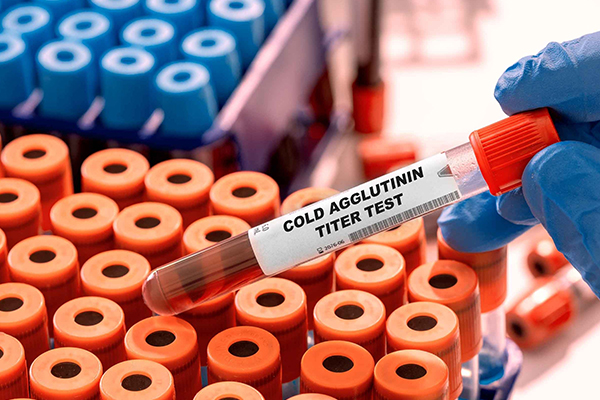
Timing
If you have a tight deadline, choosing to obtain vaccinations instead of attempting to test out with titers is the safest bet.

An antibody titer test measures the concentration of antibodies in a person's blood. Antibodies are proteins that the body produces in response to infections and remain in your body to help prevent future re-infection.
A titer test measures the level of antibodies in the body against a specific disease or pathogen. It determines if you have had a disease or successful vaccination and your level of immunity. The concentration of antibodies determines the strength of your immunity to fight the disease.
USCIS will accept certain titers in lieu of a vaccination record:

Hepatitis A

Hepatitis B

Measles, Mumps, & Rubella (must be immune to all three to qualify)

Varicella zoster virus (chickenpox)
The Civil Surgeon must order the test for you at the time of your appointment with the Civil Surgeon. Titers ordered in advance by your personal physician or otherwise outside of the immigration medical process cannot be accepted.
There are several factors to consider when deciding whether or not to choose titer testing instead of vaccination.

If you have a tight deadline, choosing to obtain vaccinations instead of attempting to test out with titers is the safest bet.

There is no medical benefit to obtaining vaccinations to diseases to which you should already be immune through previous vaccinations or having had the diseases.
All vaccinations have side effects. Titer testing has none.

If you are extremely afraid of needles, you might want to attempt to test out as many vaccination needles as possible by titers.
Titer testing requires no additional jabs. You will have to go to a laboratory anyway for other required testing. The laboratory technician would just have to draw additional blood from the single required jab.

Vaccinations are usually covered by health insurance. So, if you are insured, there would be no out-of-pocket cost to be vaccinated instead of attempting to test out with titers. Titer testing is not covered by health insurance.
If you are uninsured and would otherwise need many expensive vaccinations, titer testing (if successful) would definitely be much less expensive.

If you are pregnant, it is wise to attempt to test out of as many vaccinations as possible with titer tests.
If it turns out that you prove not to be immune, you and your obstetrician can take precautions to the benefit of you and your pregnancy.
USCIS allows exemptions during pregnancy for the Polio, Measles, Mumps, & Rubella (MMR), and Varicella (chicken pox) vaccination requirements. However, if you choose not to test out by titers, you will be expected to obtain the vaccinations immediately after having your baby and before leaving the hospital--USCIS will often issue a Request For Evidence (RFE) to make sure you do!

Most countries vaccinate only their female population against Rubella.
If you are male, chances are you have never been vaccinated against Rubella.
In order to be exempted from the Measles, Mumps, & Rubella vaccination requirements, you must have positive titers against all three. If not, you must get vaccinated against all three with the MMR vaccination.

In general, a high antibody titer indicates that the individual has been exposed to the pathogen in question or has been successfully vaccinated against it and has developed an immune response to it. A low antibody titer indicates that the individual has not been exposed to the pathogen or been successfully vaccinated or that his/her immune response has not been sufficient to produce detectable levels of antibodies.